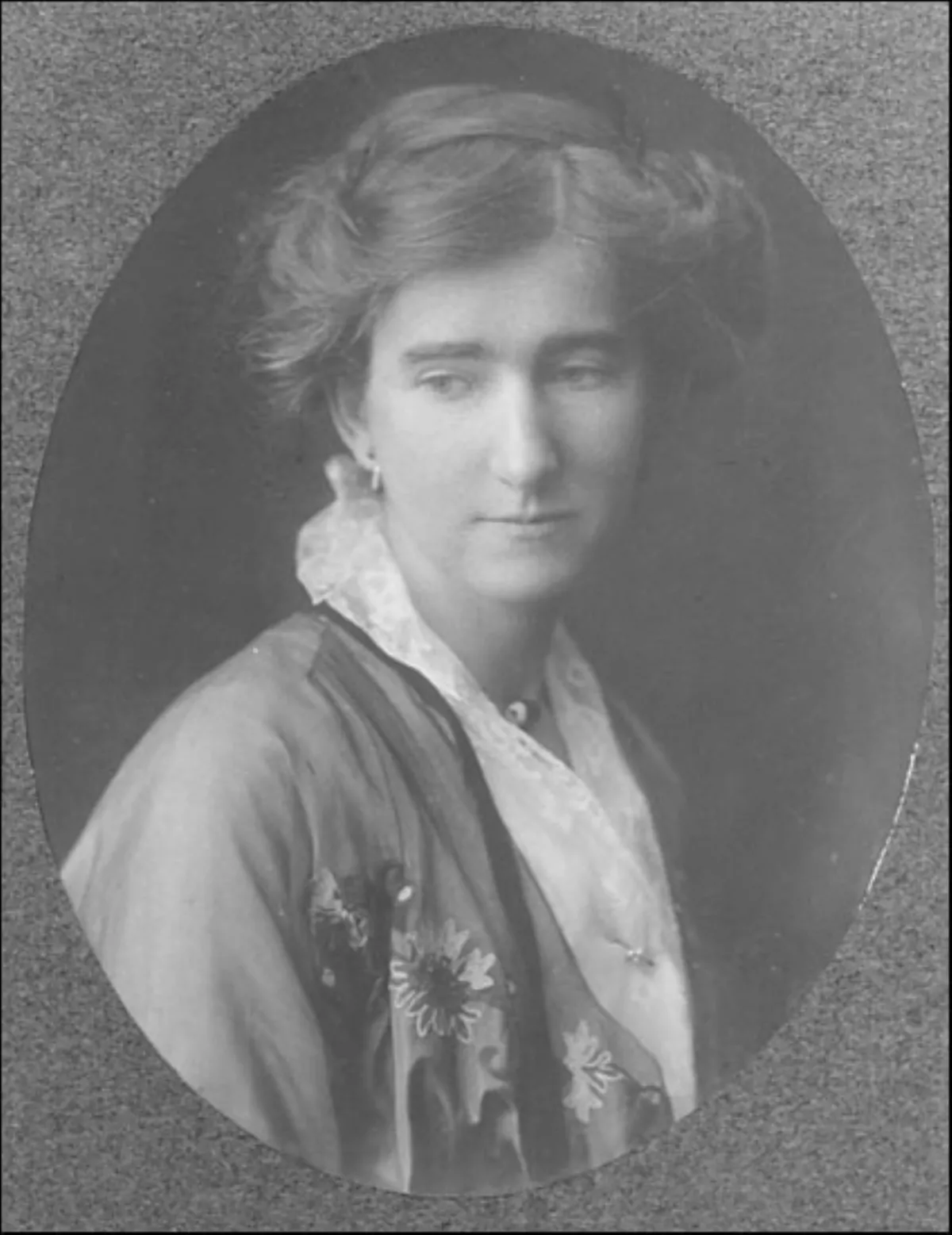 1.
1. Ursula Bethell settled at the age of 50 at Rise Cottage on the Cashmere Hills near Christchurch, with her companion Effie Pollen, where she created a sheltered garden with views over the city and towards the Southern Alps, and began writing poems about the landscape.